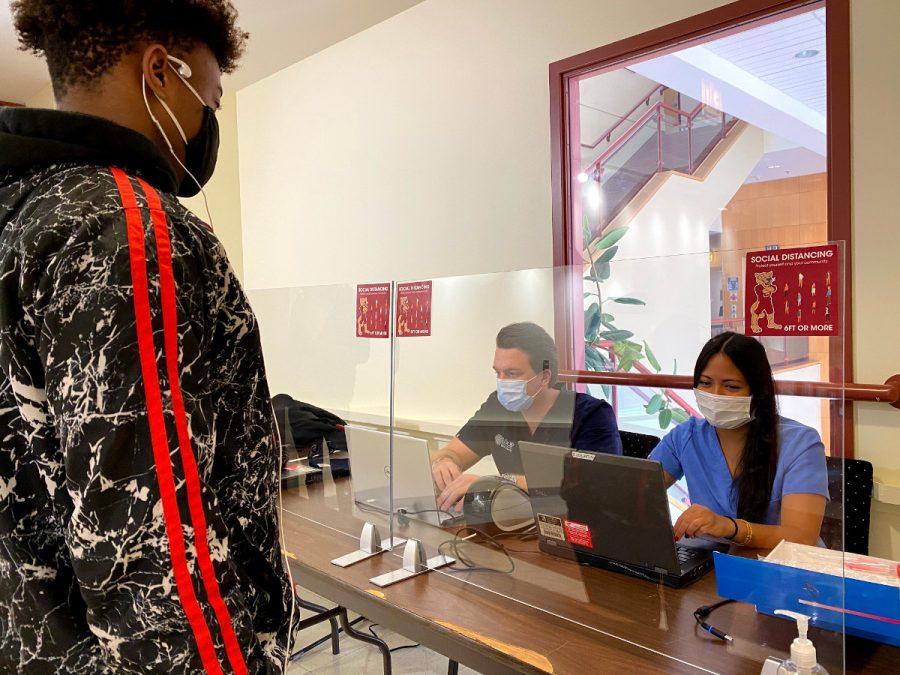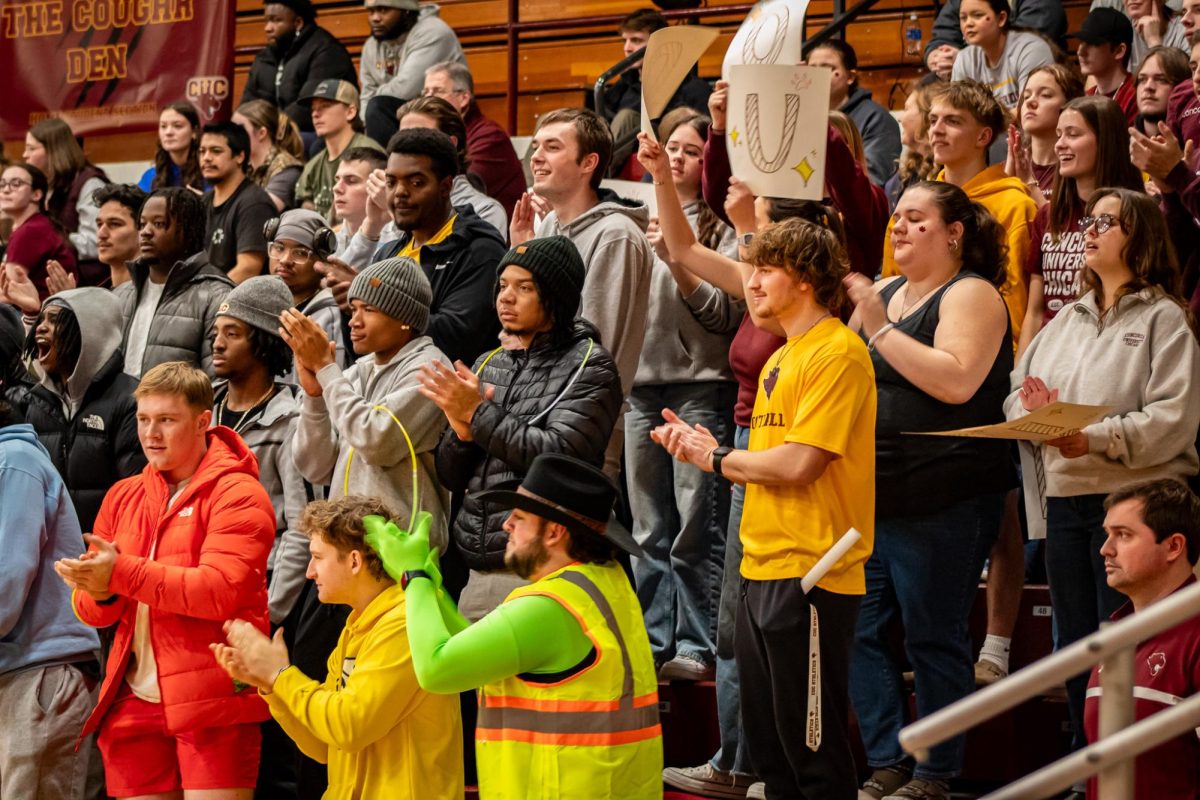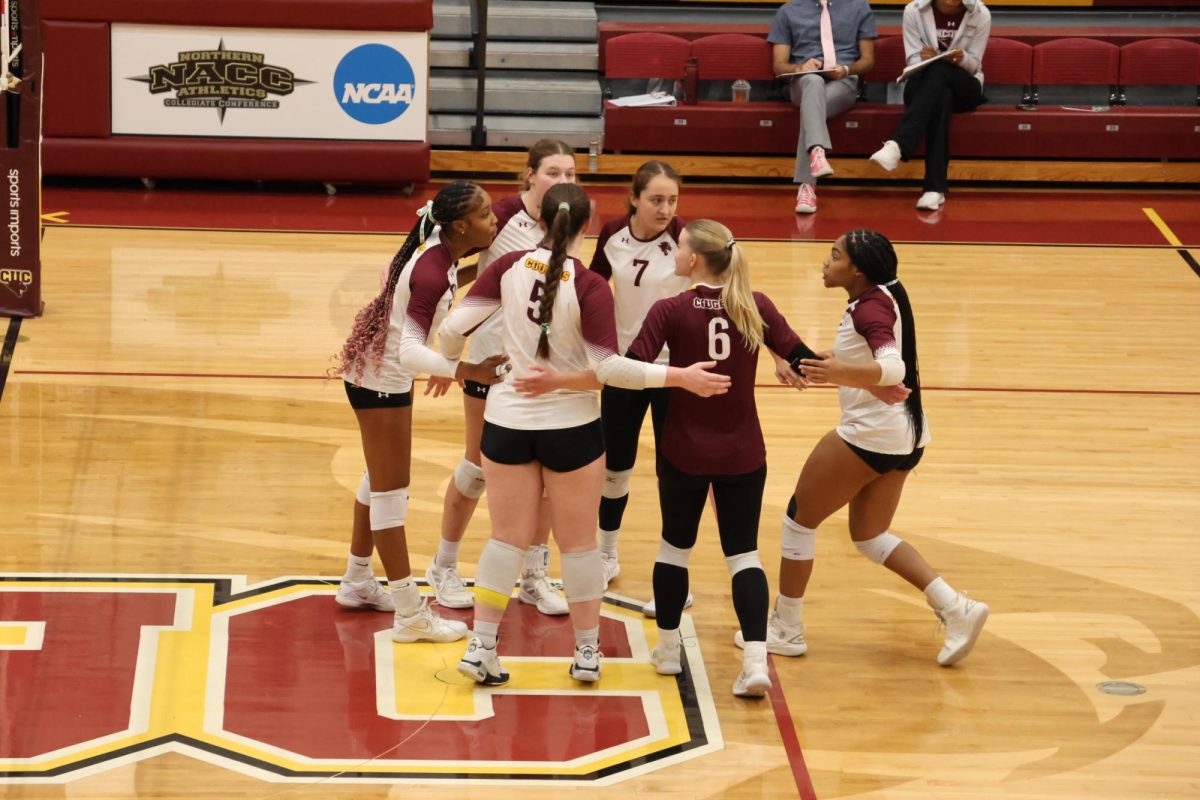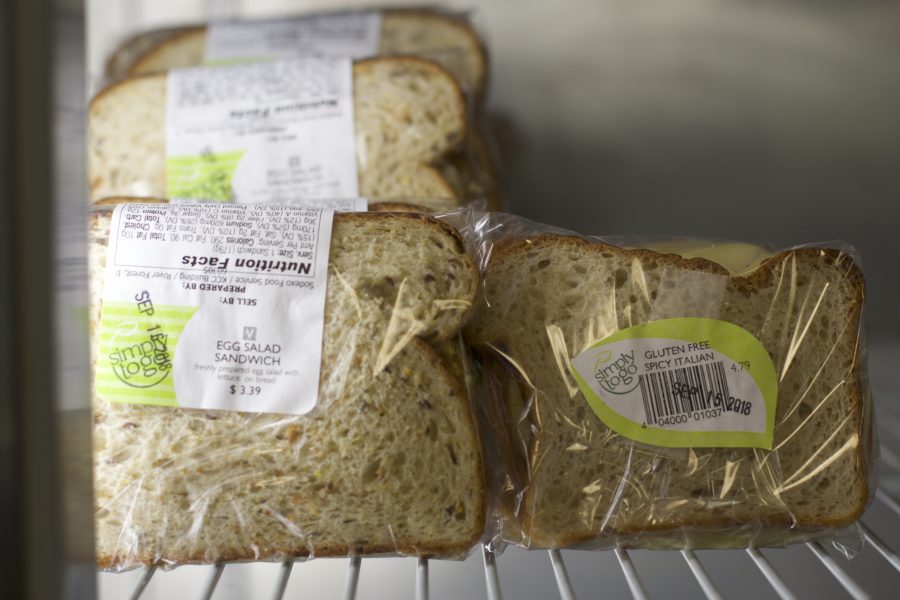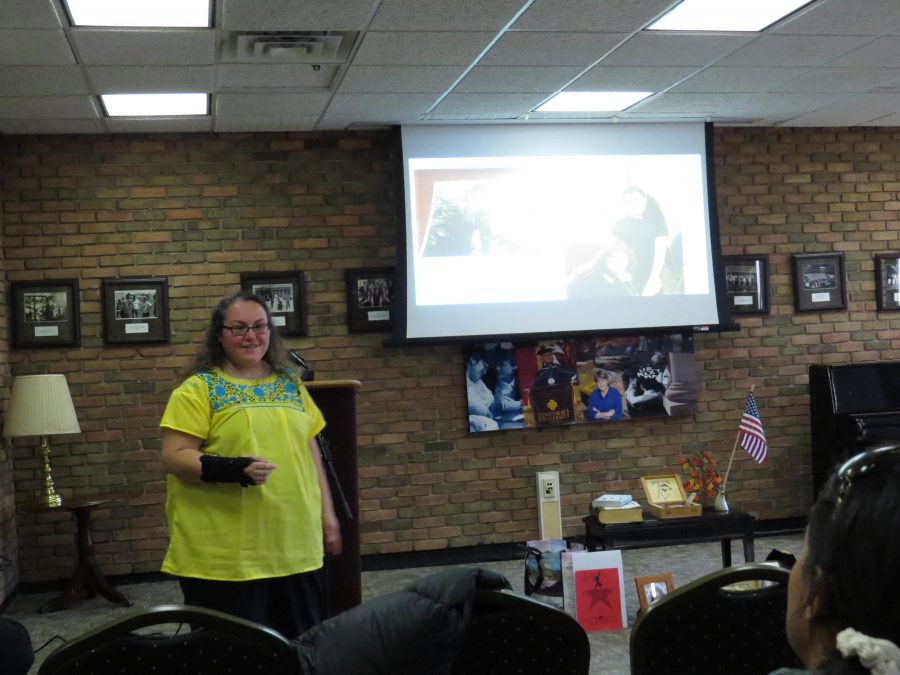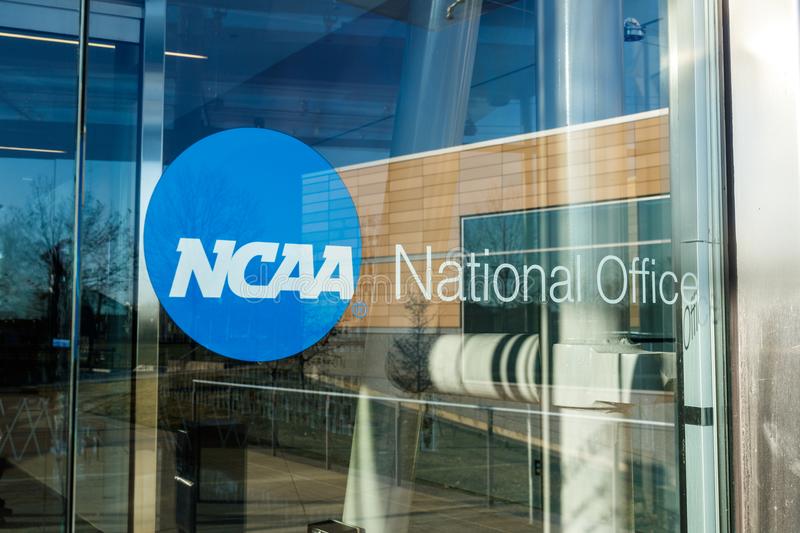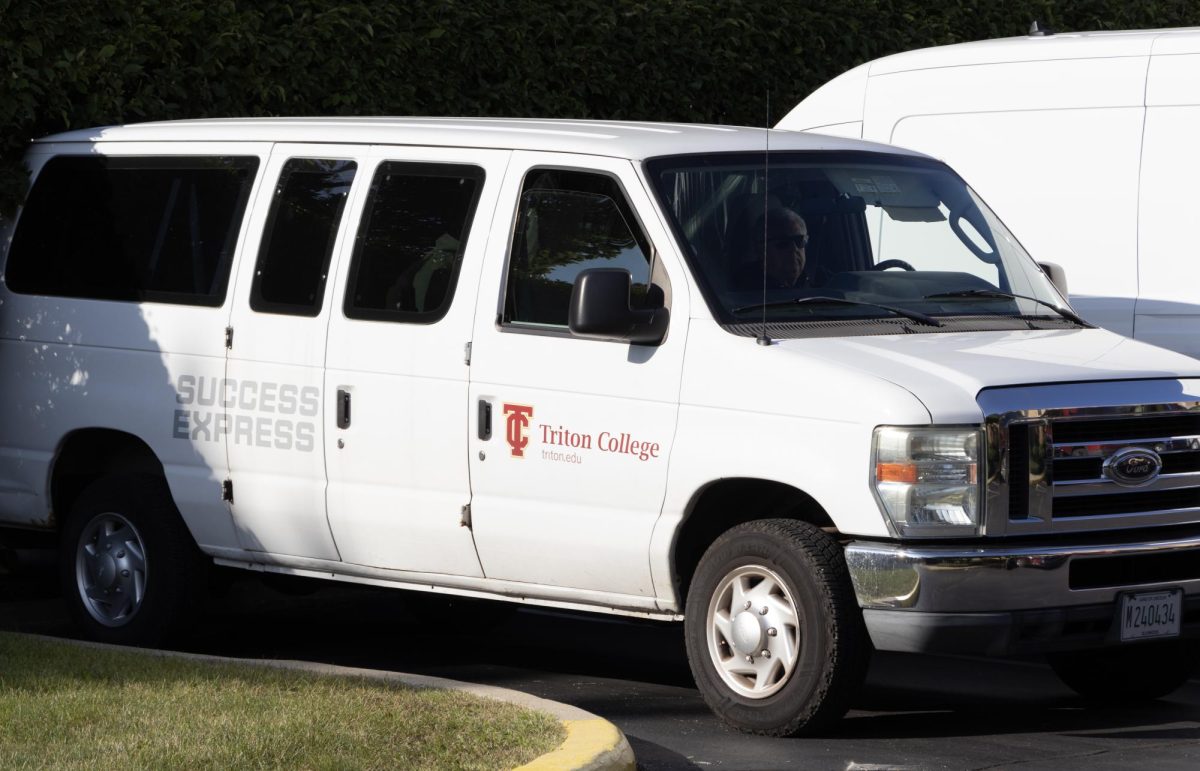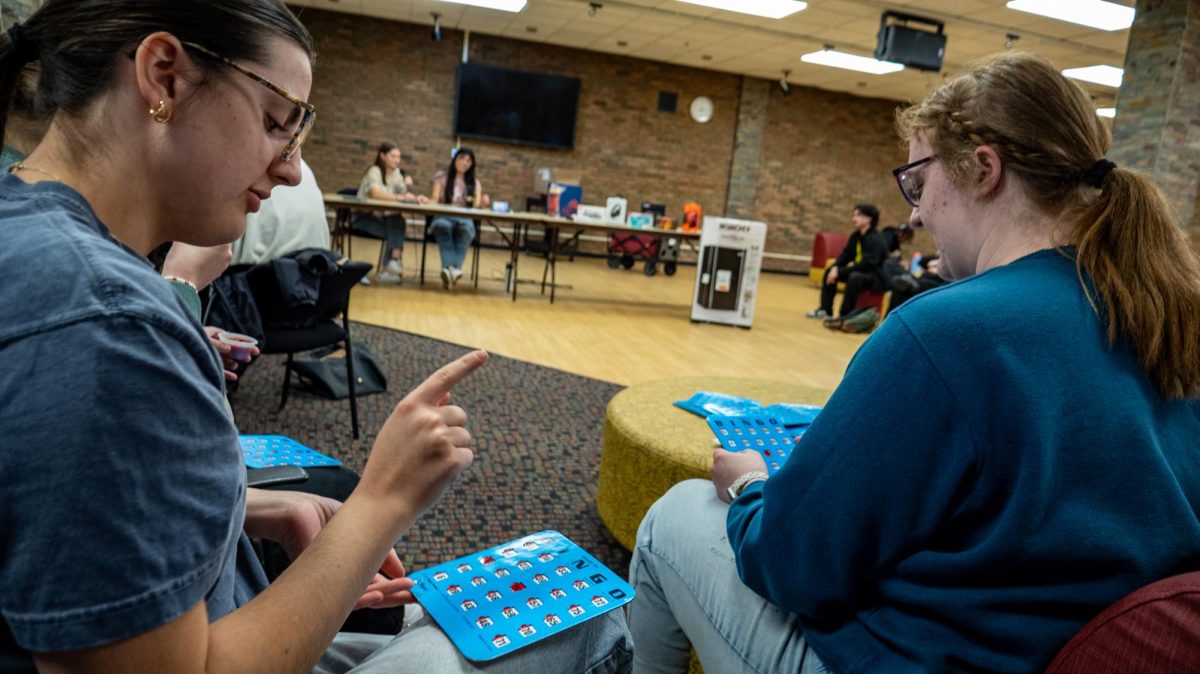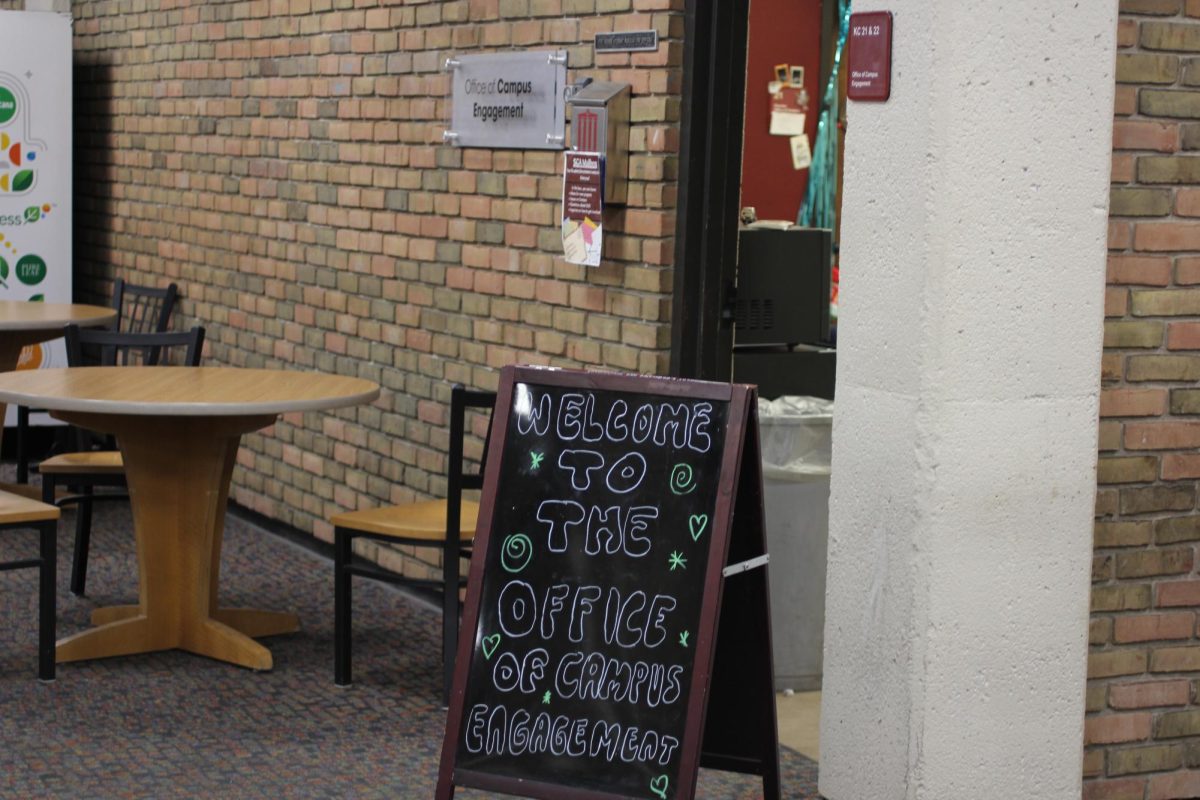Augie Hoover, a business major and campus security worker from Fort Wayne, Ind., was planning to spend his sophomore year of college at Concordia University Chicago living in Trusheim Hall, but Residential Life had other plans in mind for his room.
Hoover and his friend, Nick Anderson, signed up to live in a triple, which has beds for three people living in the same room. Both Hoover and Anderson agreed to split the cost of the triple evenly between the two of them, so they would be the only people in the room. In previous years, Residential Life typically allowed students to buy out the other spaces in their rooms.
Two days before they were supposed to move in, however, they received an email from Residential Life at Concordia that contained an ultimatum: Either find a third roommate, we give you a third roommate, or they must give up the room.
“I think the reason why ResLife put us in that situation last minute was because of an incorrect count or recent influx of all the new Triton students that are living on campus this year,” said Hoover.
Triton College is a two-year college that is located in River Grove, with an enrollment of 10,033 students. For the 2024-2025 school year, 52 Triton College students are living on the Concordia campus, up from four last year.
“Room consolidation would have happened regardless of the Triton students coming in,” said Ben Aalderink, the head of housing at Concordia. “We made an estimate of how many returning students would live on campus, and the actual amount that did was 110% of our initial estimate.”
That meant more students living on campus than expected, and not be enough room to accommodate them all.
“We were planning to have 25 to 30 Triton students living on campus, which was how many we had living here pre-Covid,” said Aalderink. “Triton just kept sending more and more names, so we just kept accepting them.”
Like residential Concordia students, each Trident student pays for housing and a Concordia meal plan. Every day, a shuttle bus takes them from the Concordia campus to Triton College, and brings them back in the evening.
While it might seem like a hassle to study and practice athletics in one college, only to eat and sleep at another university two miles away, for some Triton students it’s not an issue.
“I like living at Concordia,” said Jack Wolf, a freshman Triton College student from Racine, Wis.
Triton College does not have any on-campus housing. Wolf was given the option of either finding an apartment to live in or living on the Concordia campus.
“The people are nice, and the food is good,” Wolf said. “The commute to Triton isn’t too bad, it’s only a couple minutes there and back each day.”
If there are 52 Triton students, each paying the standard CUC rates of $6,550 a semester for housing, $4,590 for a meal plan, and $1,058 in other mandatory fees, then that means Concordia is making around $634,000 a semester off the deal.
“The arrangement is a way for us to work with Triton so we can have a better relationship with them,” said Aalderink.
While CUC strengthened its business relationship with Triton, Hoover and Anderson had to figure out what to do about their living arrangement. With it being so close to the start of the school year, everyone they knew already had their roommates set.
Not wanting to be stuck with a roommate that they didn’t know, Hoover and Anderson agreed to leave the room in Trusheim that they had already signed up for and move to a different room. But as it turned out, moving to a new room together would prove to be difficult.
“Before we made the choice to move out of the room, we asked ResLife where they would be moving us,” said Hoover. “They did not really give us a solid option or a room to move into yet.”
A day before move-in, Hoover and Anderson informed Residential Life that they would be moving rooms, but did not receive an answer as to where they would be moving. So on move-in day, they returned to Trusheim like they originally planned.
“The day after we moved into Trusheim, we had to go out of our way to ask ResLife where they wanted us to go,” said Hoover. Instead of their preferred Trusheim, Hoover and Anderson were placed in Mary-Martha Hall.
With the number of Triton student residents at double the expected number, that meant CUC students who had bought out double or triple rooms would have to accept more roommates. Aalderink says that the students were given plenty of time to figure out their living arrangements for the semester.
“The students were informed via email July 10 that their rooming assignments would have to change,” said Aalderink. “We made sure to give them time to figure out what they were going to do.”
Yet Hoover and Anderson received their emails on August 9, two days before they were set to move in. Hoover said the email may have been sent to those who wanted singles, but they did not receive anything about not accepting a buyout for their triple.
Aalderink said the miscommunication could be due to multiple reasons, including issues related to the lower-than-expected capacity for housing that the school had available, and that buying rooms is not always guaranteed for students.
Ultimately, Aalderink likes the arrangement between Concordia and Triton and hopes that it will continue.
Hoover, on the other hand, is not as charmed. “I think that the school should put Concordia kids first, before making room for Triton students,” he said.








